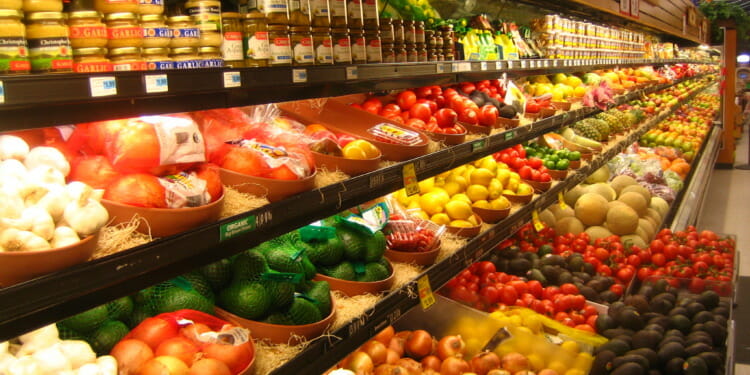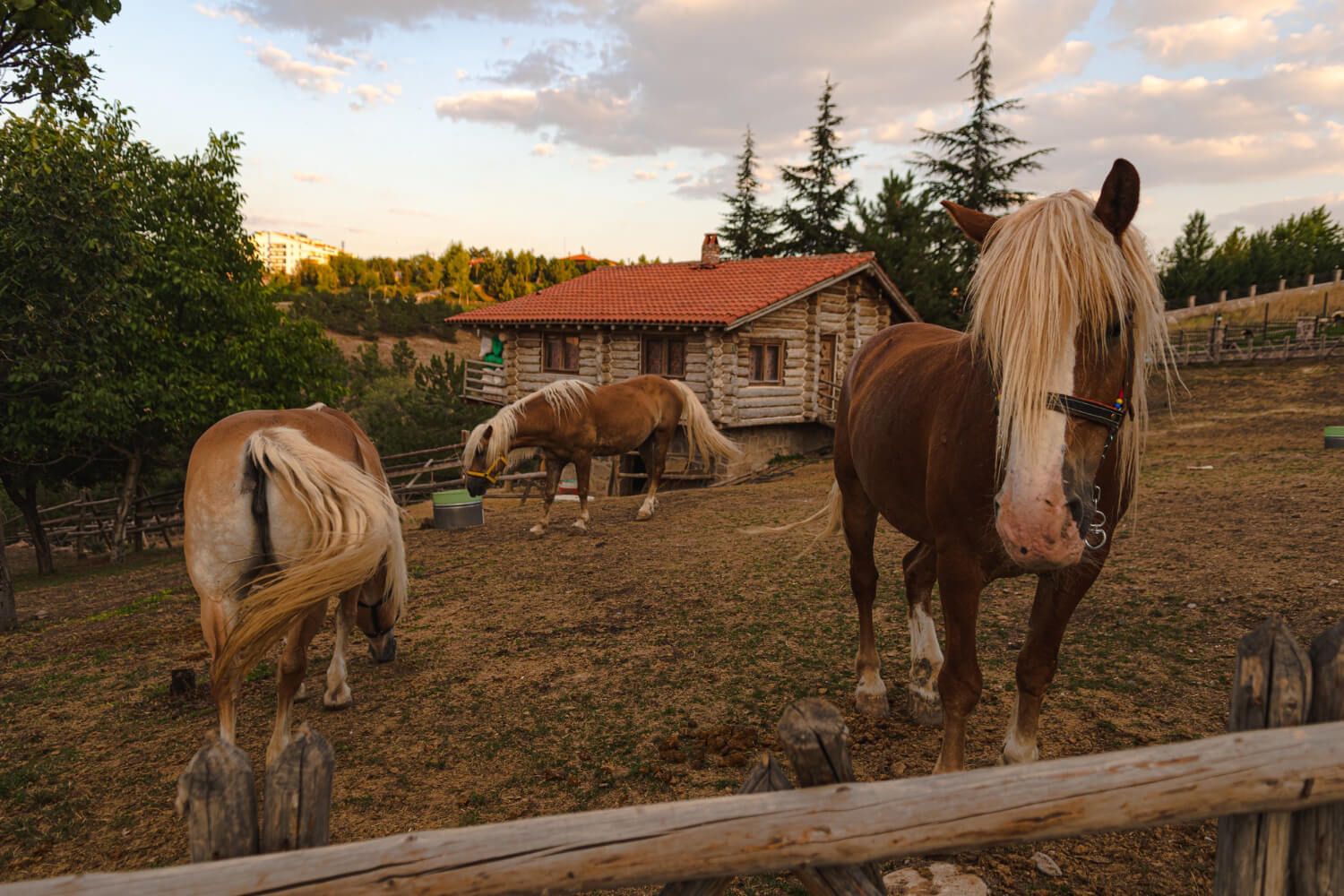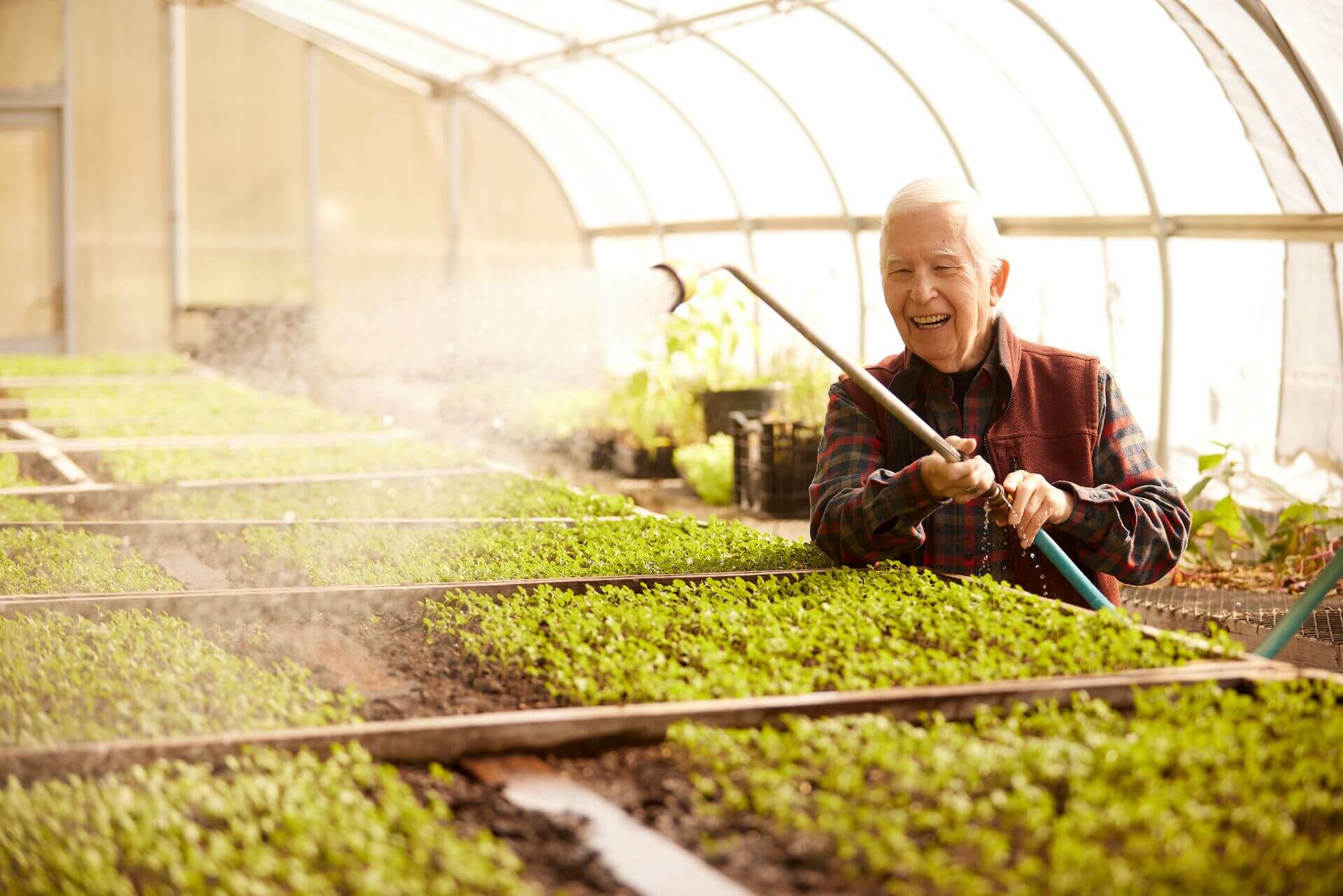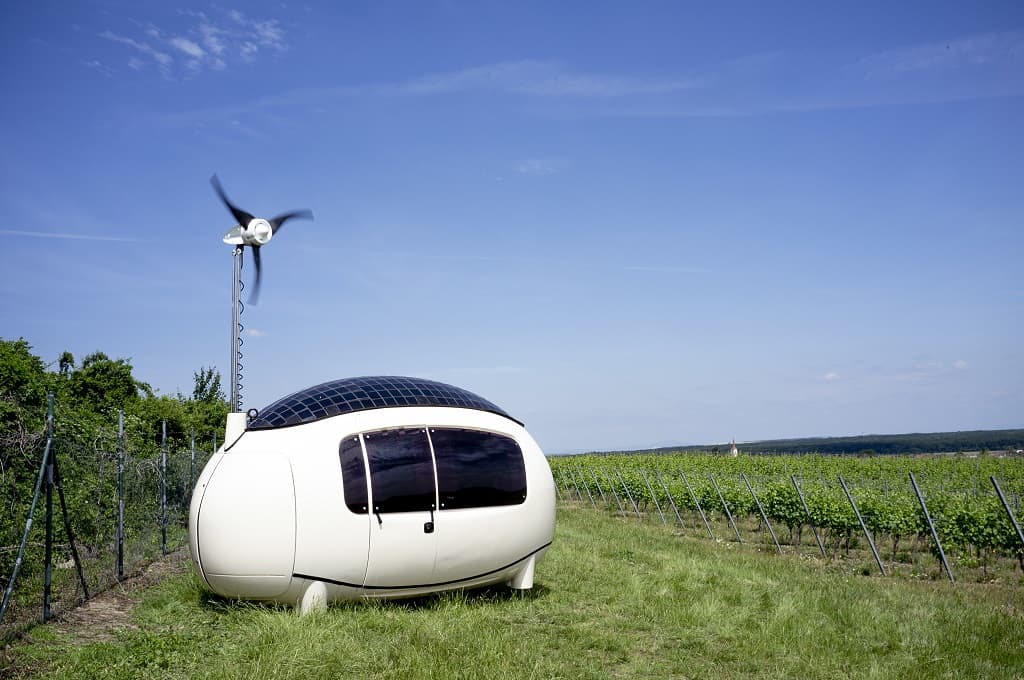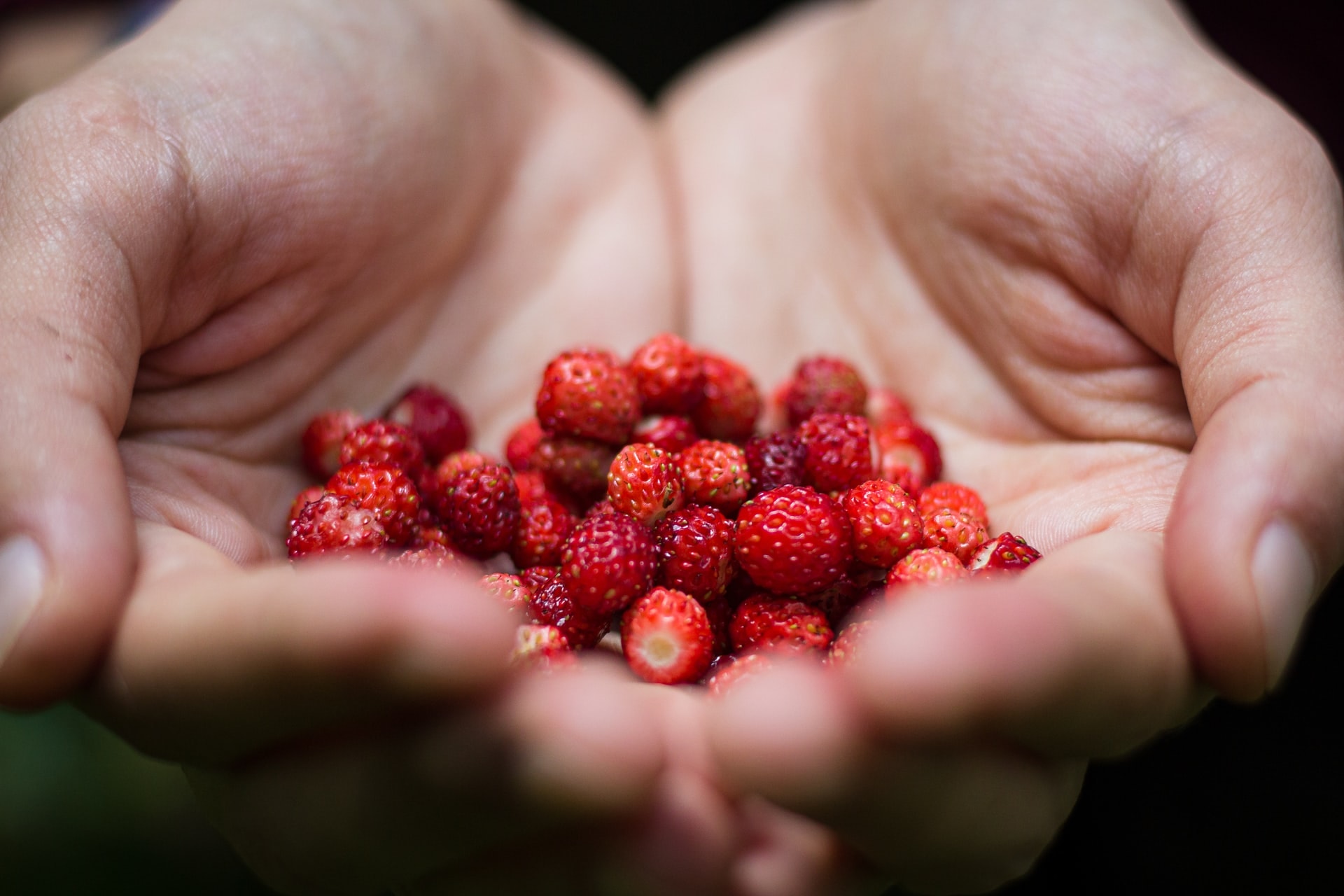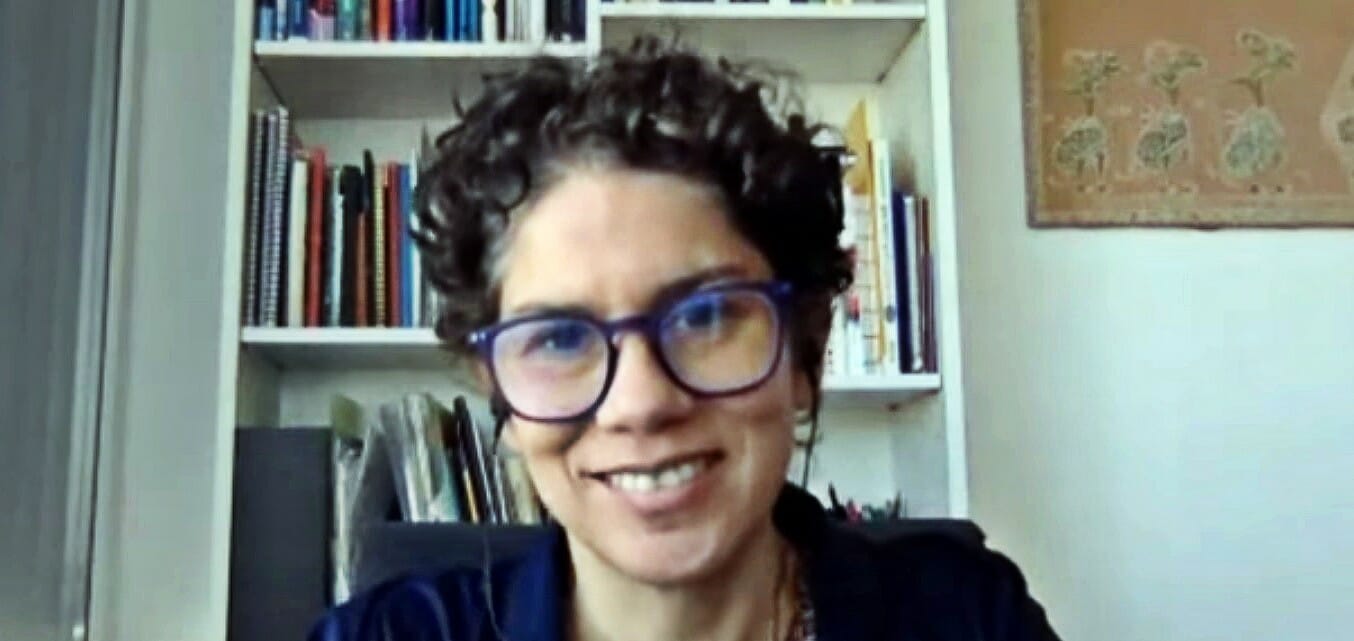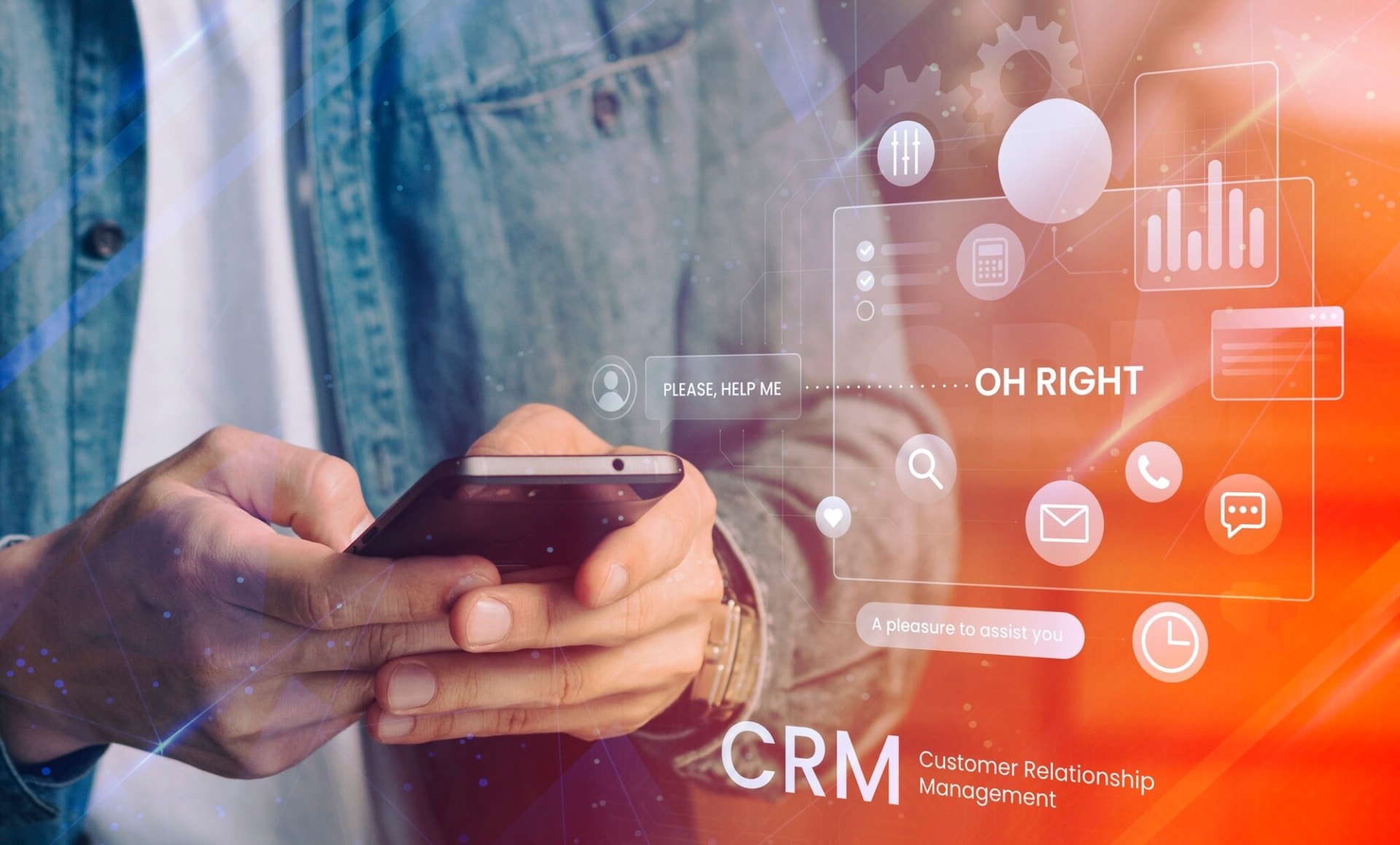Moving to a more sustainable diet can be daunting, especially after realizing that your current diet is not very sustainable. With a few tricks and things to keep in mind, you will be able to start eating more sustainably with ease.
Why eat sustainably?
Eating sustainably is important both now and for the future. Currently, more than 3 billion people are malnourished and many eat low quality diets. In order to sustain a growing population it is important that we work towards ensuring that there is enough food available and accessible for us to eat high quality and nutritious foods.
Food production contributes to approximately 30% of global greenhouse gas emissions, livestock alone represents almost half of these emissions. Food production uses 70% of freshwater and 40% of global land. It has wreaked havoc on marine and aquatic ecosystems causing eutrophication and dead zones in both lakes and coastal areas, and due to mass fishing operations, only 7% of the world’s fish stocks are underfished.
With more and more extreme climate weather events and the increase in global temperature, there will be an even greater strain on the environment as land becomes less viable for agriculture and it becomes more difficult to secure resources to promote large commercial operations.
To make matters worse, demographic pressure is unrelenting, and the world population is on its way to reach 10 billion people by 2050 when demand for food could be 70 percent higher than it was in 2014.
Supporting small local farms and sustainable food producers means a smaller carbon footprint and less environmental damage. Regenerative agriculture has proven to be very promising as a way of farming that not only reduces carbon emissions, but actively works toward improving the environment by diversifying crops and integrating livestock.
How to eat sustainably
Eating sustainably can be stressful at first, but once you learn a little more about where your food is coming from, it will get easier.
- Take a look at what you are already eating. What items are you really attached to and couldn’t bear to let go of? These are specific items that you’re not interested in even trying from another brand or manufacturer. What products could you be convinced of letting go of or swapping out with a comparable product? What products do you have no particular attachment to? Figure out which products you can switch out for more sustainable options, or cut out altogether if they come with a lot of packaging (single serving bags of chips or cookies, individually wrapped cheese etc.) It might be helpful to look at nearby items and check for labels that indicate the item was produced sustainably. Check out this article for more information on environmental labels. You can also go to your local health foods store if your budget allows, for more sustainable options.
- Eat less meat if you can. If you eat a lot of meat, or eat meat for multiple meals a day, cutting down could greatly reduce your carbon footprint. You should keep in mind your own general nutrition while doing this. People who menstruate need a lot more iron than people who don’t. If you cut meat out of your diet entirely, or even severely cut down on your meat intake you can become at risk for iron deficiency and other nutrient deficiencies like B12. If cutting meat out of your diet isn’t realistic, you can buy local sustainably sourced meat if it is available and within your budget.
- Know where the food you buy is coming from and what companies you are supporting. If you notice you are buying a lot from one particular brand, look into their sustainability practices and their labor practices as well.
- Stay up to date on seasonal produce. When you buy produce that is out of season, it either comes from somewhere very far away (often from a different hemisphere), where it can be grown, or it is grown indoors. Either way, making those items available to you when they are out of season, leaves a much larger carbon footprint than buying in season produce. A quick google search or a decorative kitchen poster will help you determine what is in season in your area.
- Avoid imported items when you can. Like some out of season fruits, imported items contribute to a larger carbon footprint because they must be transported. For some people, especially immigrants or people living abroad, food from your home country might be essential to your well being and that is okay. If you have access to more sustainable imported foods, you can opt for those. A caveat: Many agricultural products are the work of small farmers in developing countries; to cut our artisanal food and locally produced food in low- and middle-income country can have a bad knock-on effect on the (already modest) income of small producers, hurting them and the local economy; therefore, keep an eye out for “fair trade” labels, for banana and other exotic produce.
- Select seafood that is not at risk of being overfished. The Seafood Watch search feature allows you to search a particular type of seafood or species of fish and determine if it is the best choice, eco-certified, a good alternative, or if you should avoid it.
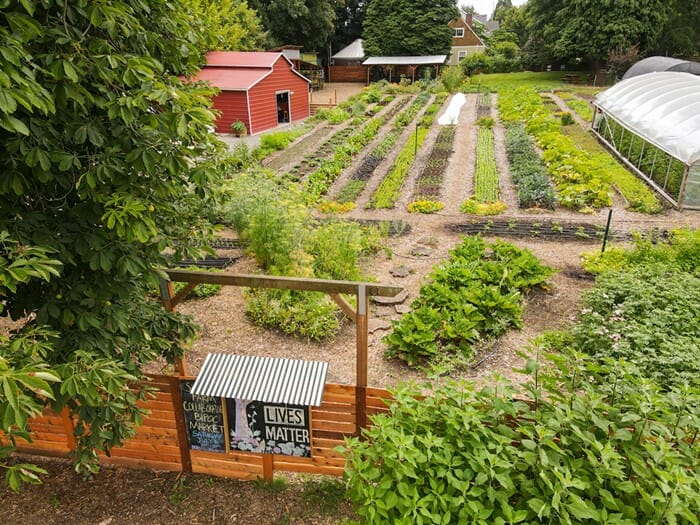
Ultimately what will allow you to move to a more sustainable diet is gaining knowledge about where your food comes from and learning about sustainable alternatives. Giki is an app that allows you to scan the barcode of an item and it gives you ethical and sustainability information about the product and its ingredients. It is free to download and has more than 250,000 products in its database.
When making any big changes to your diet it is important to take a few other things into consideration: are there any physical health issues that you need to take into consideration when making changes to your diet? If so you should talk to your doctor before making any changes to your diet. If you have struggled with disordered eating in the past or are recovering from an eating disorder it may be easy to fall back into old harmful habits (labeling foods as good/bad, creating restrictions, or rules about your diet) when making new changes to your diet. It might be best to work with a mental health professional if you are unsure if changing your diet is best for you.
Flexibility is important when making any kind of lifestyle change, and when moving to a more sustainable diet it is best to do it slowly. This will give you more flexibility when you make mistakes. You might realize you need something to make a particular recipe and the only one available comes from a company you don’t want to support. Shaming yourself into making one choice or another won’t help you make better choices. Being patient with yourself and learning from your mistakes will allow you to adopt a more sustainable diet with less stress.
Editor’s Note: The opinions expressed here by Impakter.com columnists are their own, not those of Impakter.com. — In the Featured Photo: Produce in Supermarket Featured Photo Credit: Rick via flickr


